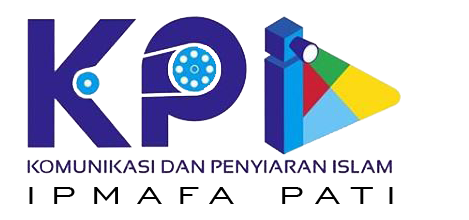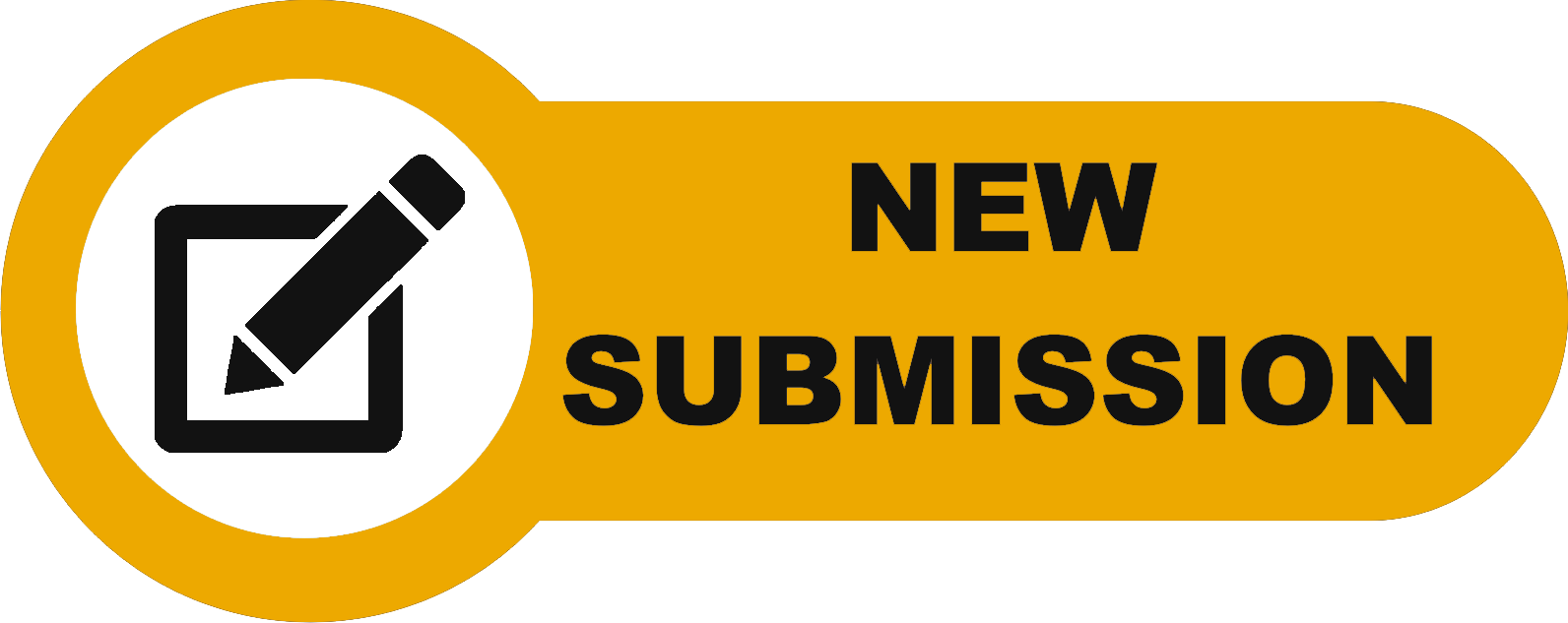Penerapan Kode Etik Jurnalistik Portal Fajar.Co.id dalam Pemberitaan COVID-19
Abstract
This research is entitled the implementation of the Journalistic Code of Ethics (KEJ) on the Fajar.co.id portal in reporting on COVID-19. By using descriptive qualitative research type. Data collection methods are observation, interviews, and documentation. Interviews and documentation were conducted with Fajar.co.id editors, Fajar.co.id reporters Data analysis was carried out in three stages, namely data reduction, data presentation, and drawing conclusions. The results of this study indicate that Fajar.co.id journalists in reporting on Covid-19 are appropriate and apply a journalistic code of ethics. This is evidenced by the writing of the identity of the victim of the Covid-19 virus which was published with the permission of the patient himself. The researcher concludes that the implementation of the Journalistic Code of Ethics has objectively been carried out as it should be for Fajar.co.id media journalists, even though it is not optimal, but basically journalists are required to always carry out the demands of the Journalistic Code of Ethics, especially Article 2. This is evidenced by an attitude that has fulfilled the elements -Elements of the Journalistic Code of Ethics especially those contained in article 2. The Fajar.co.id leadership should also conduct periodic evaluations of journalists deployed in the regions. This is done to strengthen the journalists of the Fajar.co.id portal in carrying out the journalistic profession based on the applicable journalistic code of ethics
References
Hikmat, Mahi M. Jurnalistik Literari Journalism. Jakarta: Kencana, 2018.
https://aji.or.id/upload/Dokumen/KODE%20ETIK%20JURNALISTIK.pdf diakses pada Sabtu, 20 Mei 2023.
Manan, Abdul AJI: Terapkan Tiga Prinsip dalam Peliputan dan Pemberitaan Corona, dikutip melalui https://aji.or.id/read/press-release/1024/aji-terapkan-tiga- prinsip-dalam-peliputan-dan-pemberitaan-corona.html, 26 Februari 2021.
Tajibu, Kamaluddin. Metode Penelitian Komunikasi. Makassar: Alauddin University Press, 2013.
Tempo.co, Dewan Pers: 30 Persen Media Online Langgar Kode Etik, 31 Mei 2015,https://www.google.com/amp/s/nasional.tempo.co/amp/671086/dewan-pers- 30-persen-media-online-langgar-kode-etik, 31 Januari 2021.
Tim Komunikasi Komite Penanganan Corona Virus Disease 2019, Perkembangan Penanganan Covid-19 di Indonesia Sejalan Dengan Tingkat Dunia, Dikutip melalui https://covid19.go.id/p/berita/perkembangan-penanganan-covid- 19-di- indonesia-sejalan-dengan-tingkat-dunia, 18 Februari 2021 Kode Etik Jurnalistik (KEJ).
UU No. 40 Tahun 1999 tentang Pers
Yolanda, Rachel S dan Eko Harry Susanto, “Penerapan Kode Etik Jurnalistik Media Online Tribunnews dan Efek Pemberitaan pada Pembacanya” Koneksi, Vol. 4, No. 2, Oktober 2020

This work is licensed under a Creative Commons Attribution-ShareAlike 4.0 International License.
Copyright Notice
Authors who publish in this journal agree to the following terms:
- Authors retain copyright and grant the journal right of first publication with the work simultaneously licensed under a Creative Commons Attribution-ShareAlike 4.0 International License. that allows others to share the work with an acknowledgment of the work's authorship and initial publication in this journal.
- Authors are able to enter into separate, additional contractual arrangements for the non-exclusive distribution of the journal's published version of the work (e.g., post it to an institutional repository or publish it in a book), with an acknowledgment of its initial publication in this journal.
- Authors are permitted and encouraged to post their work online (e.g., in institutional repositories or on their website) prior to and during the submission process, as it can lead to productive exchanges, as well as earlier and greater citation of published work.

This work is licensed under Creative Commons Attribution-ShareAlike 4.0 International License.










